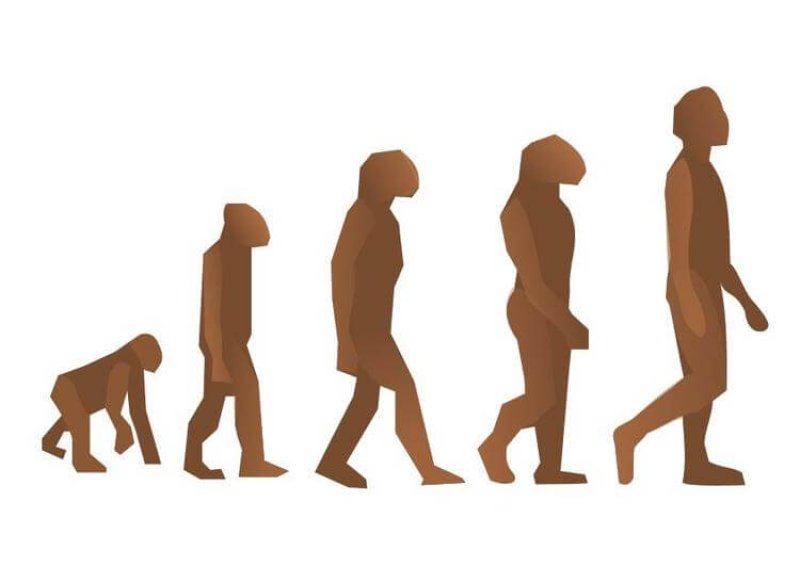 Over the years, there have been many studies regarding the possibility of whether or not humans and Neanderthals really interbred- and that topic just got more controversial. Two separate scientific papers have recently been published on the topic, each taking a different side of the argument.
Over the years, there have been many studies regarding the possibility of whether or not humans and Neanderthals really interbred- and that topic just got more controversial. Two separate scientific papers have recently been published on the topic, each taking a different side of the argument.
A paper was released by PNAS that indicates the evidence produced in favor of interbreeding with Neanderthals is consistent with a structured population within Africa that would mean our ancestors never mated with them. However, the group that studied the Neanderthal genome released a draft of their own work, scheduled for publication in PLoS Genetics, that argues strongly for interbreeding.
Neither paper has been accepted as scientific fact, as both are just theories at this time. But this debate has sparked interest in subjects other than ancestry and mating. Many scientists believe that this debate may have been more timely if the scientists had published their work on preprint servers, such as ArXiv, instead of debating at specialist conferences and behind the walls of peer review.
Just as new scientific theories emerge, new technologies are made available that could help shape scientific arguments and processes in the future. The only question is, will scientists and researchers take advantage of them?































